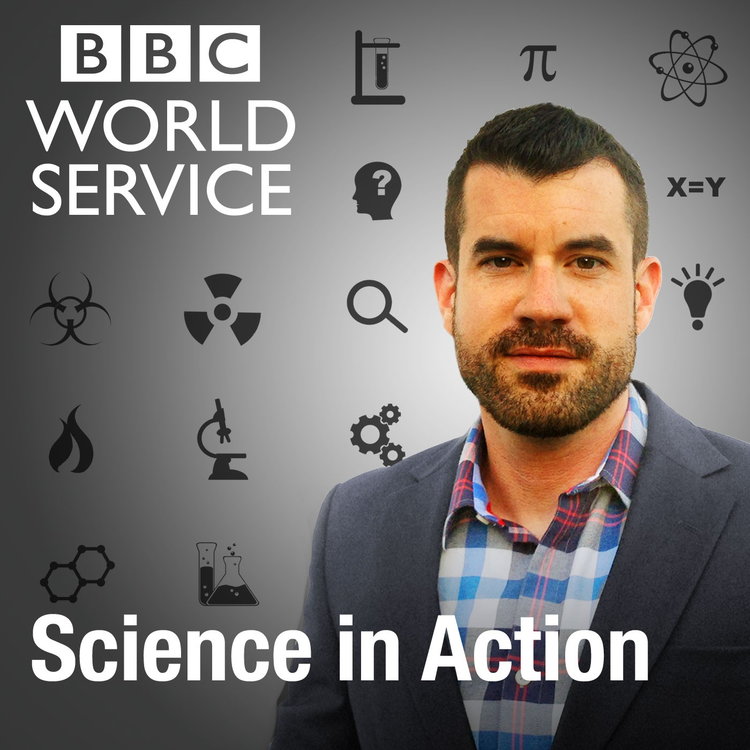
Tracking ocean circulation systems
The European Space Agency plans to use satellite gravity data to track weakening ocean circulation systems. Rory Bingham of the University of Bristol explains how these satellites can ‘weigh’ the Earth’s water and might help resolve whether we’re approaching the climate tipping point of a shutdown of ocean circulation in the Atlantic Ocean, something we've been following for a while.
Scientists have been able to retrieve ancient proteins from fossilized tooth enamel in the Canadian High Arctic. Ryan Sinclair Paterson from the University of Copenhagen tells us how he can fill in the blanks of the molecular tree of life with these proteins from over 20 million years ago.
A few weeks ago, we discussed evidence of an impact of a massive crater in northwestern Australia from over 3 billion years ago. However, recent independent evidence from another team of geologists indicate that the size and age of this crater’s impact may not be what some had previously thought. Alec Brenner of Yale University talks us through his analysis of the geologic evidence.
Finally, we rediscover a forgotten pioneer of fusion science. Mark Cavendish discusses the research done by then-graduate student Arthur Ruhlig that helped develop the hydrogen bomb and thermonuclear physics.
Presenter: Roland Pease
Producers: Imaan Moin with Alex Mansfield
Production Coordinator: Jana Bennett-Holesworth
(Image: Map of North Atlantic Ocean currents, with Gulf Stream and other currents. Credit: PeterHermesFurian Via Getty Images.)
Scientists have been able to retrieve ancient proteins from fossilized tooth enamel in the Canadian High Arctic. Ryan Sinclair Paterson from the University of Copenhagen tells us how he can fill in the blanks of the molecular tree of life with these proteins from over 20 million years ago.
A few weeks ago, we discussed evidence of an impact of a massive crater in northwestern Australia from over 3 billion years ago. However, recent independent evidence from another team of geologists indicate that the size and age of this crater’s impact may not be what some had previously thought. Alec Brenner of Yale University talks us through his analysis of the geologic evidence.
Finally, we rediscover a forgotten pioneer of fusion science. Mark Cavendish discusses the research done by then-graduate student Arthur Ruhlig that helped develop the hydrogen bomb and thermonuclear physics.
Presenter: Roland Pease
Producers: Imaan Moin with Alex Mansfield
Production Coordinator: Jana Bennett-Holesworth
(Image: Map of North Atlantic Ocean currents, with Gulf Stream and other currents. Credit: PeterHermesFurian Via Getty Images.)
